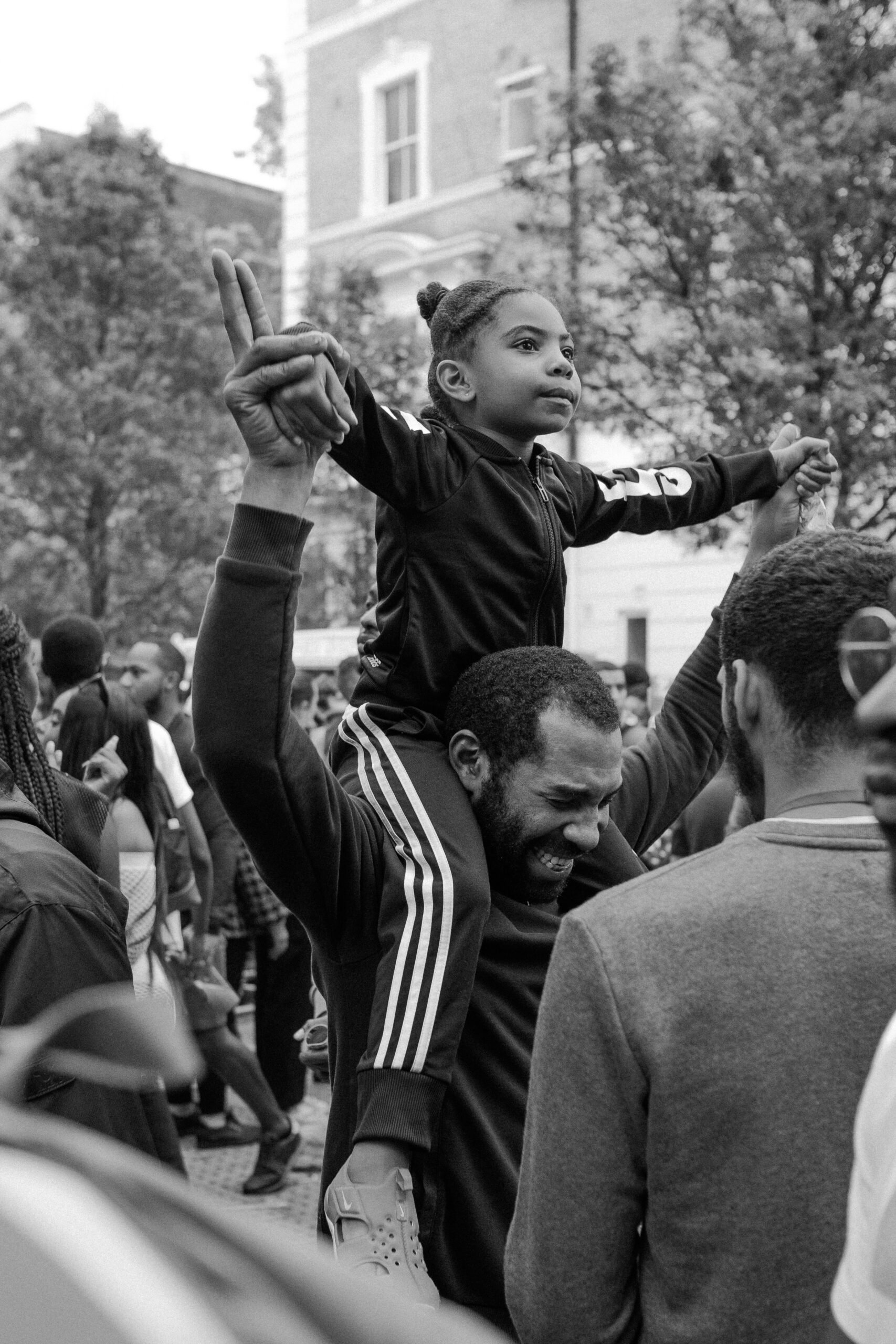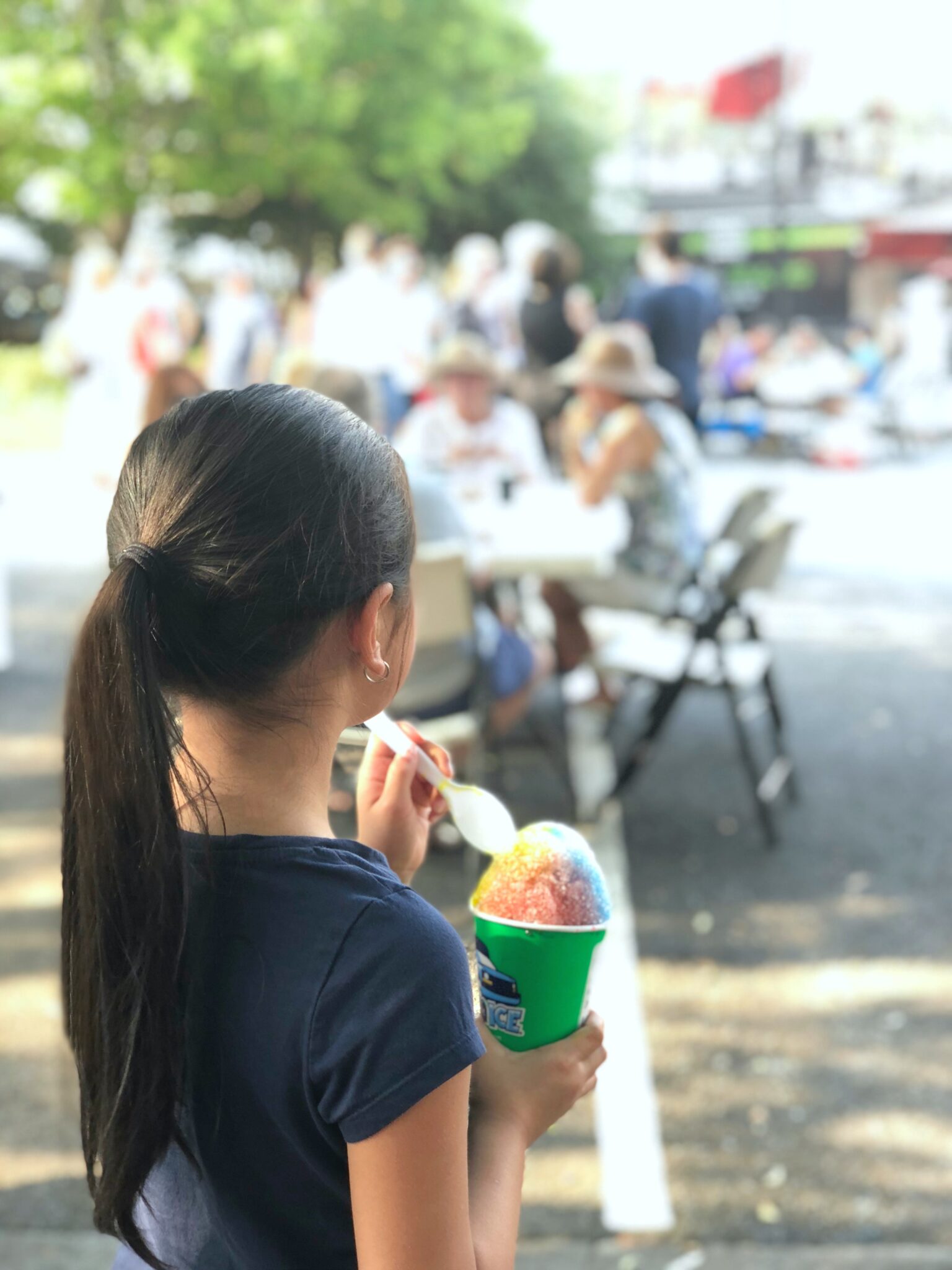How to Honor Black History Month in Your Community

How to Honor Black History Month in Your Community
Black History Month, celebrated every February, is a time to honor the rich history, enduring contributions, and vibrant cultures of African Americans.
It offers communities an opportunity to reflect on the past, recognize the achievements of Black individuals, and explore pathways toward a more inclusive future.
Engaging in meaningful activities that foster understanding and celebration is essential to honoring this significant month.
Here are several ways your community can actively participate in Black History Month.
1. Educate Through Storytelling and Literature
One of the most effective ways to honor Black History Month is through education. Organize events that highlight the stories of key figures in Black history. Like Martin Luther King Jr., Harriet Tubman, Malcolm X, and Rosa Parks.
Hosting book readings or discussions about Black authors and their works can provide insight into the struggles and triumphs of African Americans.
Consider including books like “The Souls of Black Folk” by W.E.B. Du Bois or “Beloved” by Toni Morrison in your programming.
To inspire and provoke thought, incorporate black history month quotes into your events.
Quotes from influential figures like Maya Angelou, James Baldwin, and Audre Lorde can resonate deeply with audiences and spark meaningful conversations.
2. Celebrate Through Art and Music
Art and music have always been powerful mediums of expression for the Black community. Organize art exhibitions that feature the works of Black artists, both historical and contemporary.
These could include visual arts, photography, or sculpture that highlight Black culture and experiences.
Music events are another way to celebrate. Host concerts or listening parties that honor different genres pioneered by Black artists, such as jazz, blues, hip-hop, and R&B.
Consider inviting local Black musicians to perform or share their stories, providing a platform for artists within your community.
3. Support Black-Owned Businesses
Supporting Black-owned businesses is a direct way to contribute to the economic empowerment of the Black community.
Create a directory of local Black-owned businesses and encourage community members to support them, not just in February but year-round.
Organize markets or fairs where these businesses can showcase their products and services. This not only helps the businesses thrive, but also fosters a sense of community and solidarity.
4. Host Educational Workshops and Panels
Workshops and panel discussions can delve deeper into the issues facing the Black community today. Topics might include systemic racism, economic inequality, or mental health challenges.
Invite speakers who are experts in these fields, including scholars, activists, and community leaders, to share their insights and engage with participants.
These events can also focus on empowerment and activism, providing attendees with the tools and knowledge they need to advocate for change in their own lives and communities.
Encouraging open dialogue and active participation can lead to greater understanding and collective action.
5. Volunteer and Give Back
Volunteering is a powerful way to honor Black History Month. Identify local organizations that support the Black community and arrange volunteer opportunities for community members.
This could involve tutoring programs, mentoring initiatives, or food drives in predominantly Black neighborhoods.
Additionally, consider organizing fundraising events to support these organizations.
The funds raised can be used for community projects, scholarships for Black students, or resources for Black-owned nonprofits.
Giving back not only honors the spirit of the month but also strengthens community bonds.
6. Engage Schools and Educational Institutions
Schools play a crucial role in shaping the understanding of Black history among young people. Encourage local schools to incorporate Black history into their curriculum, not just during Black History Month but throughout the year.
Organize events that bring together students, teachers, and parents to learn about and celebrate Black history and culture.
Consider creating a community project where students research and present on significant Black individuals or movements.
This can culminate in a community-wide event where students showcase their work, fostering pride and awareness among the younger generation.
7. Create Spaces for Reflection and Dialogue
Finally, create spaces where community members can come together to reflect on what they have learned and share their thoughts and experiences.
These could be informal gatherings, like coffee chats or virtual meetups.
A place where people can discuss what Black History Month means to them and how they plan to continue supporting the Black community throughout the year.
Encourage participants to share their personal stories and listen to others, fostering empathy and understanding.
You May Also Like:
- How To Give Back To Your Community In 7 Meaningful Ways
- The Benefits of Retirement Community Living
- Discover the Incredible Benefits of Hobbies
- Top Things to Do in Alpharetta, Georgia
These dialogues can be transformative, leading to lasting change in attitudes and actions.
In conclusion, honoring Black History Month in your community involves a multifaceted approach that includes education, celebration, support, and reflection.
By incorporating activities that educate, inspire, and empower, communities can ensure that the legacy and contributions of African Americans are acknowledged and celebrated.
Not just in February, but every day of the year.
How do you honor Black History Month in your community?
Leave me a comment below!
— Jennifer
PIN FOR LATER:

I am a girl from the UK with a lot of thoughts. I left the rat race of the corporate and marketing world to be my own boss. I write about life, finances, home design, fashion, and more. Hoping to inspire people every day. I’m a writer, a reader, and an old soul.






